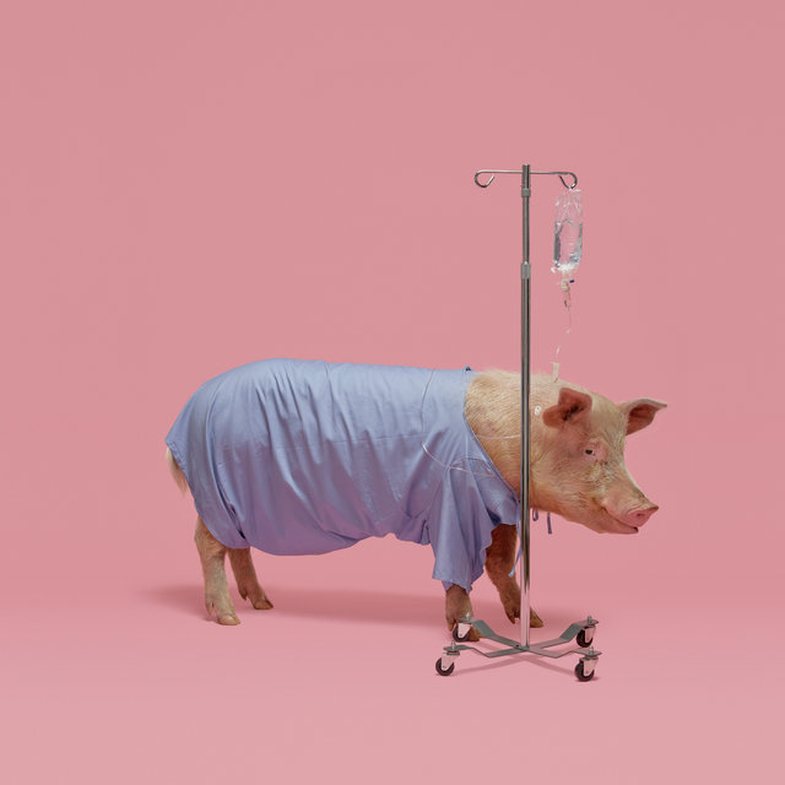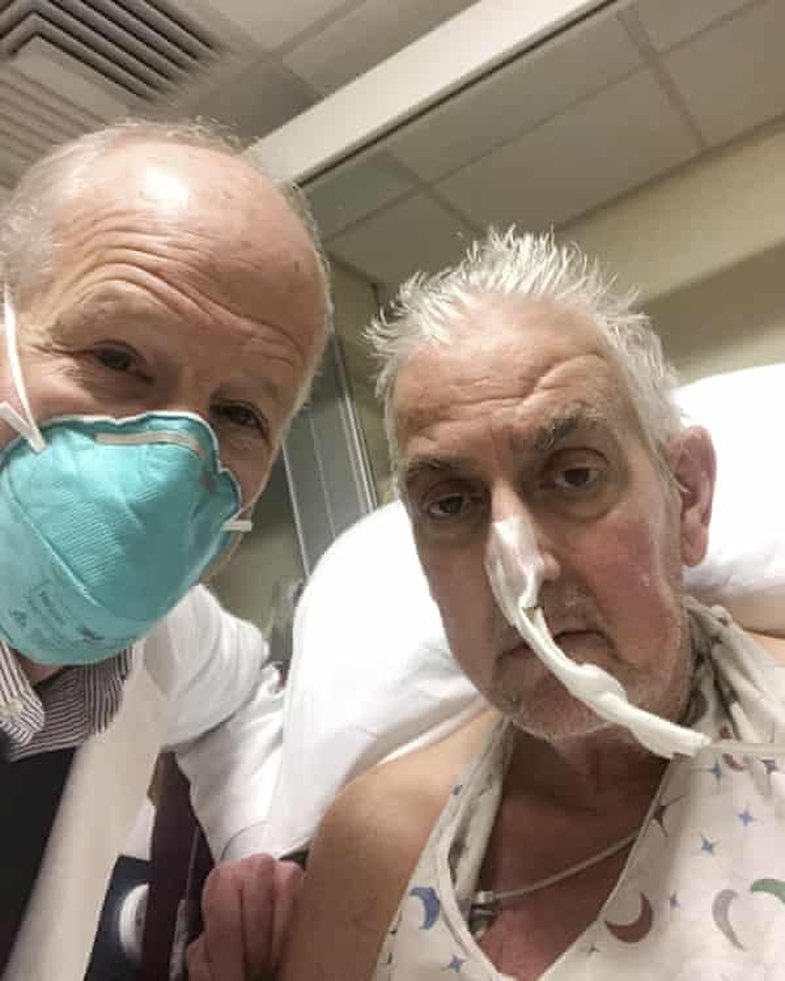
U.S. doctors transplanted a pig heart into a patient as a last resort to save his life, while the hospital in Maryland said the patient is in good condition three days after the experimental surgery.
Although it is too early to know if the operation will really work, it marks a further step in the long effort to use animal organs for life-saving transplants. Doctors at the University of Maryland Medical Center say the transplant showed that the heart of a genetically modified animal could function in humans without being immediately rejected by the body.
The patient, David Bennett, a 57-year-old man from Maryland, knew there was no guarantee the experiment would work, his son told the Associated Press. "I will either die or have this transplant. I want to live. "I know there is no security, but it is my last choice," said Bennett a day before the operation.

The coming weeks will be critical and doctors are closely monitoring how the heart is functioning. Previous attempts at such transplants - or xenotransplantation - have failed, largely because patients' bodies have rapidly rejected the animal's organ. It must be said, however, that in 1984, Baby Fae, a dying baby, lived 21 days with a baboon heart.
The US Food and Drug Administration (FDA), which oversees such experiments, allowed the operation with the "compassionate use" authorization, an authorization given in cases where a patient with a life-threatening condition has no other option to live.





